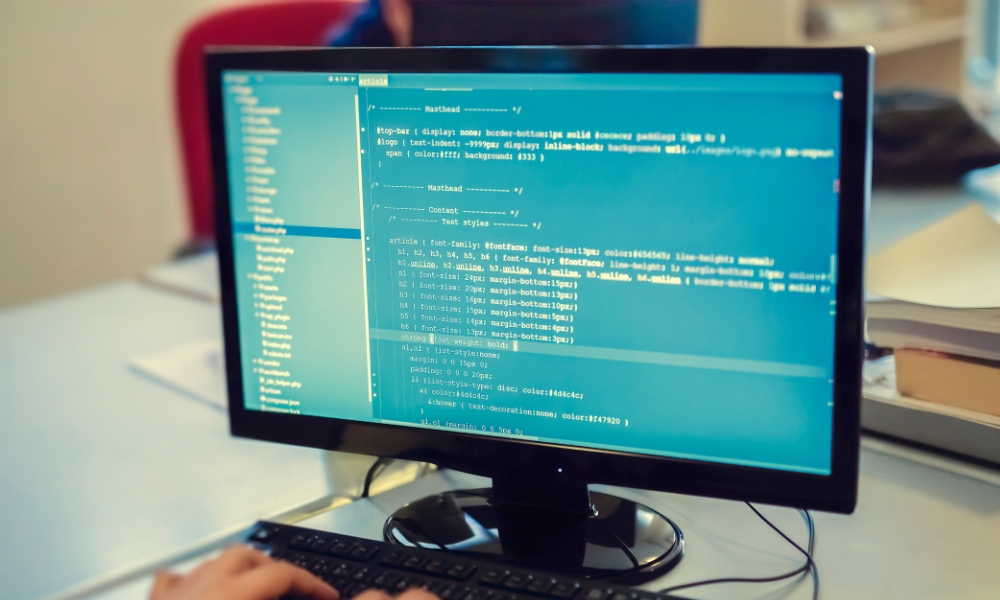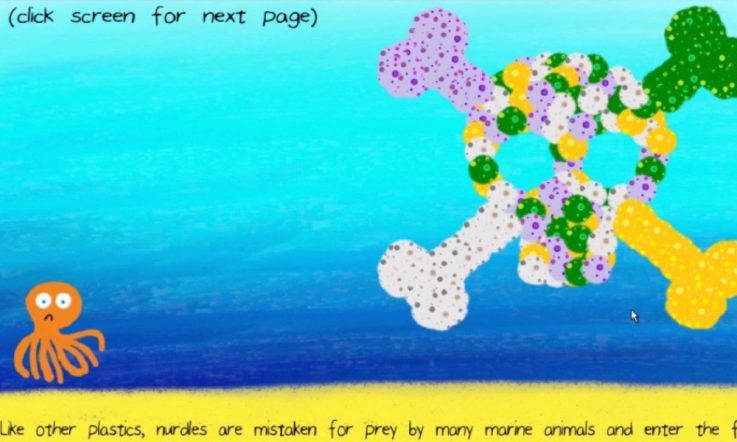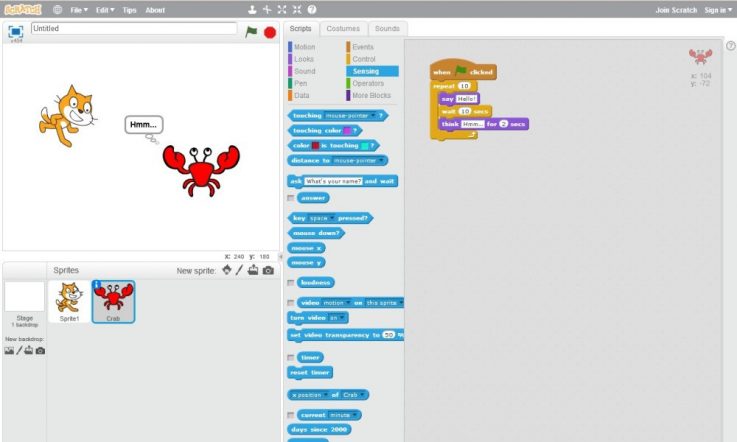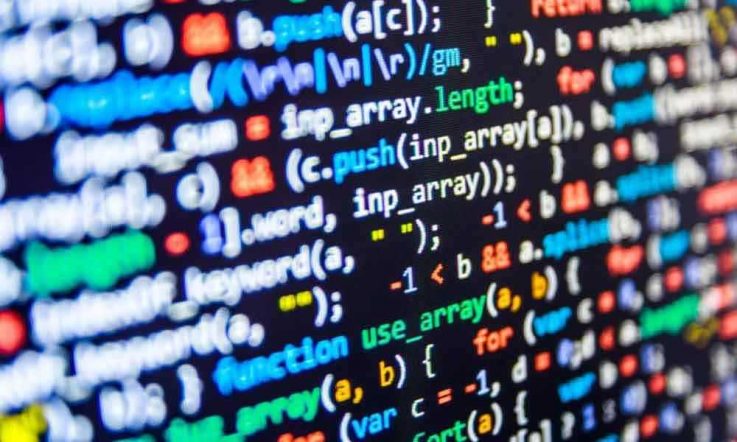One of last year's winning teams in the Australian STEM Video Game Challenge was from Sydney's Mosman High School, with students creating an interactive storybook-style game about the basic elements of the periodic table.
Principal Susan Wyatt tells Teacher how the school is working with parents to develop STEM (science, technology, engineering and mathematics) learning.
Can you tell us a little bit about the coding club and your focus on STEM learning?
We've had a coding club at Mosman High School for three years. Two parents had run a similar club when their children were in primary and when their children moved to high school they suggested starting the club and I thought it was a fantastic idea.
My background is science and I also have a love for technology so when these parents suggested a P&C technology committee I embraced the idea. This occurred at the same time as the coding club. Then, with the end of DER [the Commonwealth funded Digital Education Revolution] we as a school decided to go to BYOD [Bring Your Own Device] and this committee were and are invaluable in providing advice to parents on what would be the best device for their child at school.
The parent technology committee expanded to include science. But, rather than being a regular meeting of like-minded parents they chose a different focus which was to provide a passionate research-based scientist to speak to students at lunchtime. These scientists at lunch time have now been happening for a year.
Also, our school has been winning awards for Design and Technology, so I guess you could say we have a STEM focus.
How often does the club take place and who runs it?
The Technology Department supports the coding club, but it is run by two parents weekly. There are three groups per week: one for boys, one for girls and an advanced group of boys and girls.
... [the] parents looked at simple programming using Scratch to start with, then explored robotics before reaching a point where all groups of students were engaged. When girls were not showing an interest in the beginning we invited a group of young 'techie' girls to speak to the students from university to inspire. And they did!
The terrific and unexpected positive is that those students who joined the group three years ago are now mentoring the younger members. Ultimately the club will be student-led and sustained, which is a fabulous outcome.
It must be great to get recognition through the Australian STEM Video Game Challenge? (Students Declan, Jacques, Alex, Finbar and Cain won the Year 5 to 8 Group for their game Periodic Survival)
Video: Periodic Survival, created by students at Mosman High School.
The students learn programs by application. They enter competitions as well as try to improve some of the technology, including that used by the school. The STEM Video Game Challenge was a fantastic opportunity to focus a group to work collaboratively to come up with an educational product.
The boys suggested that the [$1000 prize] money be used to reward the top student in Years 11 and 12 in Software Design and Development (SDD) for the next five years - an initiative the school has embraced. The club is taking students' knowledge to a very high level and as a result we are looking at accelerating students into SDD while still in the junior school.
The Australian STEM Video Game Challenge is coordinated by the Australian Council for Educational Research (ACER). Registrations for this year's competition, for students in Years 5 to 12, are open from 3 April to 3 June 2016. The game submission period is 7 to 19 August 2016. Click on the link to find out how to get involved and access teaching and student resources.
The theme of the ACER Research Conference 2016 is Improving STEM Learning: What will it take? The conference takes place in Brisbane from 7 to 9 August. To find out more and to register for the event click on the link.
How is your school developing links with parents, families and the wider community? As a school leader, is this an explicit part of your school's strategic planning?
As a classroom teacher or subject leader, how can you connect with experts beyond the school gates in fields such as STEM to provide rich learning experiences for students?



